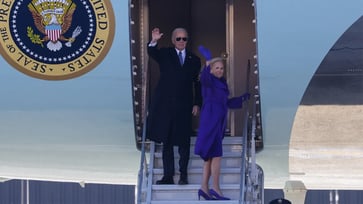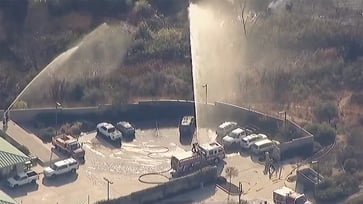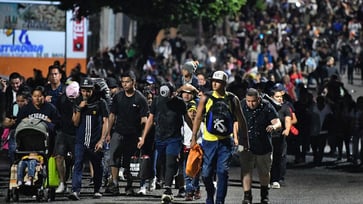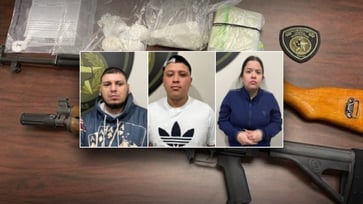In Utah, a second Homeland Security agent was arrested for selling illicit drugs that were previously seized as evidence.
Special agent David Cole was arrested three weeks before special agent Nicholas Kindle.
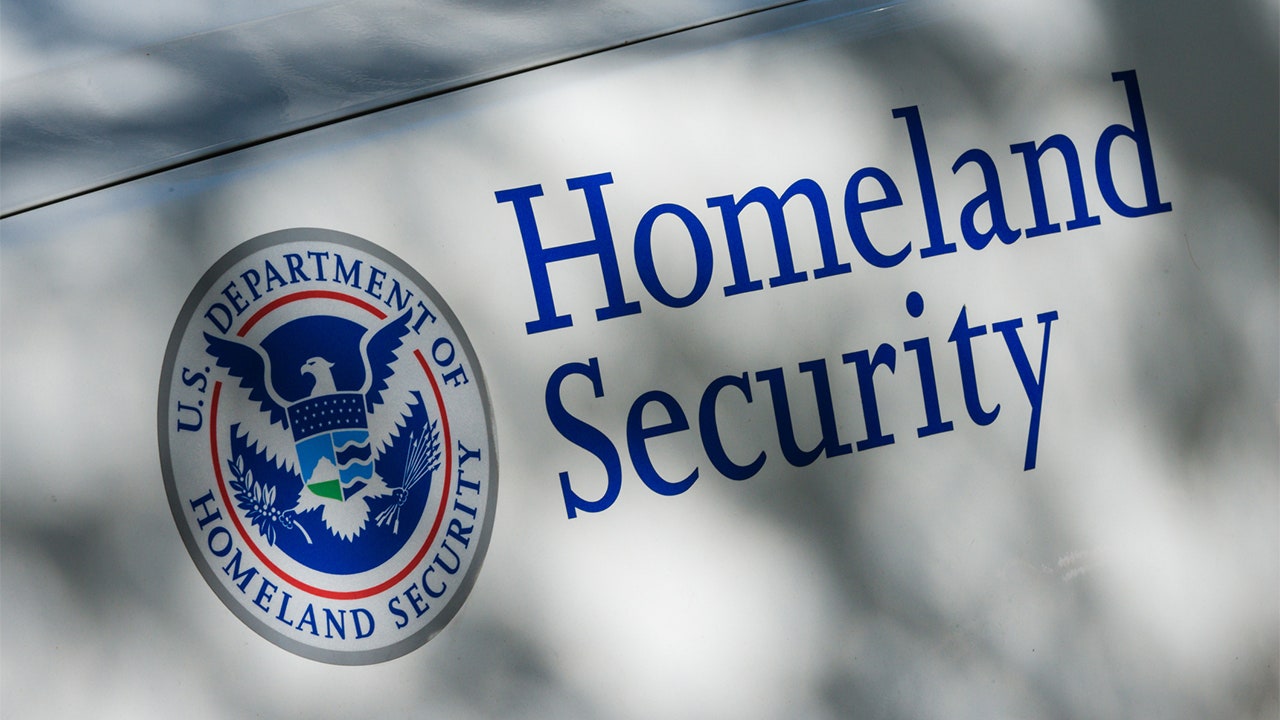
In Utah, a second Department of Homeland Security agent was arrested and charged with using a confidential informant to sell illicit drugs that were seized as evidence.
Special agent David Cole was arrested three weeks ago, and his colleague, special agent Nicholas Kindle, was arrested soon after. Both men are charged with felony drug distribution conspiracy, and Kindle also faces a charge of conspiracy to profit from the conversion of U.S. government property.
A judge scheduled Kindle's first court date for January 21 in Salt Lake City. If found guilty, he could be sentenced to up to 25 years in prison.
Cole was indicted last month by a grand jury, while Kindle was formally charged in an information document from the U.S. Attorney's Office.

If found guilty, Cole could face up to 20 years in prison for his drug distribution conspiracy charge.
Their Homeland Security credentials were suspended, but they have not been fired.
Prosecutors allege that Kindle and Cole misused their positions to obtain illegal drugs called "bath salts" from Homeland Security evidence and other law enforcement personnel, including U.S. Customs and Border Protection officers, by falsely claiming they would use the drugs for legitimate investigations.
In 2021, Kindle and Cole were accused of stealing drugs from evidence and lying to fellow agents about their purpose for collecting them. Additionally, they allegedly took thousands of dollars in cash, a diamond ring, and a Peruvian antiquity from evidence.

During the years 2022 to 2024, Kindle and Cole were accused of selling drugs to a "source of information" for the department, who then resold the drugs to customers, without any arrests being made.
The scheme generated between $195,000 and $300,000 in earnings, according to the FBI.
The two agents allegedly forced a former prisoner to become a middleman for controlled buys from suspected dealers after he was released.
According to an FBI affidavit, Kindle and Cole communicated with the informant using an encrypted messaging app and shared meeting locations, including a Panera Bread restaurant and a Nike store.
In October 2024, the FBI began an investigation following a lawyer's contact with the U.S. Attorney in Utah, stating that Kindle and Cole had pressured their informant to engage in possibly illegal activities, according to the affidavit.

The informant was illegally sold drugs eight times, and investigators tracked the agents involved.
The informant claimed that the FBI left a plastic foam cup with a granular substance inside in a parking lot trash can.
Unrelated to actual bath products, synthetic bath salts, also known as Alpha-PVP or cathinone, are believed to be similar to methamphetamine, cocaine, or ecstasy.
The Associated Press contributed to this report.
us
You might also like
- In the Bryan Kohberger case, a judge in Idaho hears a defense motion regarding the murders.
- A fire broke out in Los Angeles County, prompting officials to issue evacuation orders.
- As fears of ICE raids intensify, a bustling Chicago district, often referred to as the "Mexico of the Midwest," has become a ghost town.
- Injured in a shooting at Antioch High School in Tennessee, three people were left in a lockdown.
- A German national who worked at the Pentagon during 9/11 was allegedly killed by a Vermont Border Patrol agent, according to the family.
